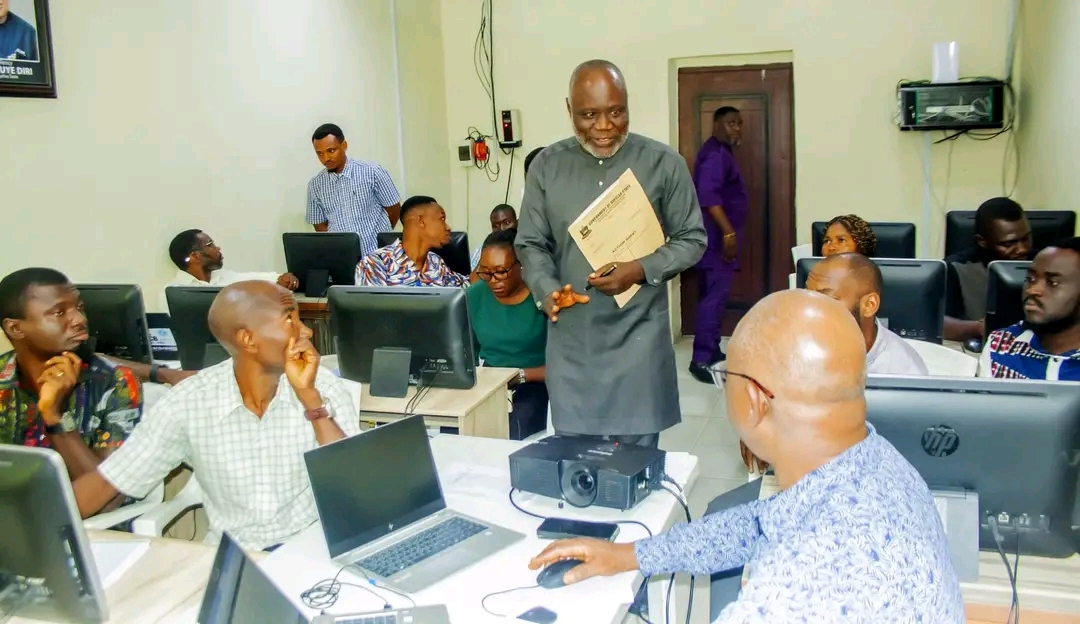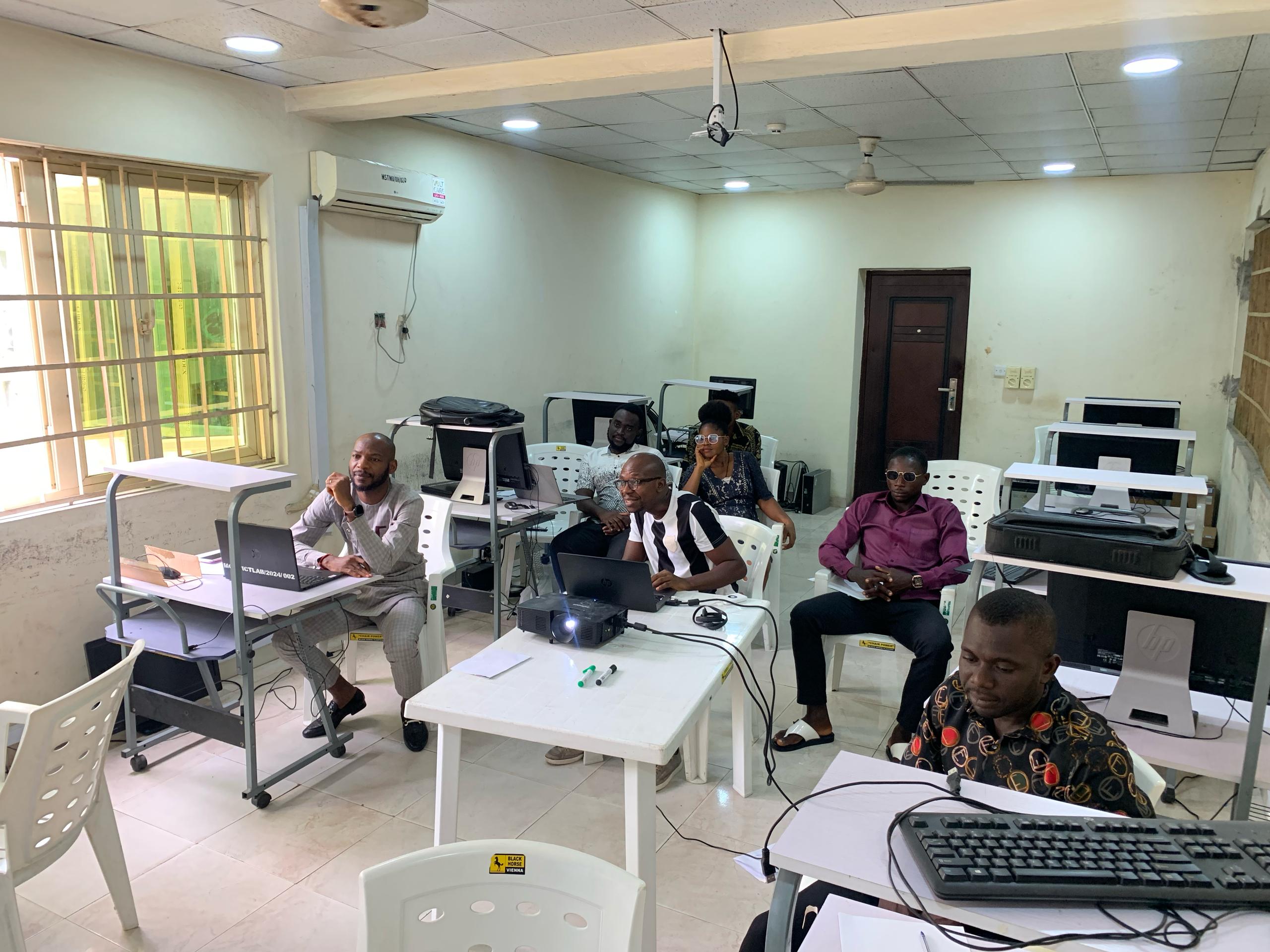In today’s rapidly advancing world, the concept of a Smart City has taken center stage, promising to revolutionize urban living. But what exactly is a Smart City, and how does it enhance our quality of life?
What is a Smart City?
A Smart City is an urban area that leverages information and communication technologies (ICT) to enhance the quality of life for its citizens, improve operational efficiency, and promote sustainable development. It seamlessly integrates technology, infrastructure, and governance to create a livable, resilient, and innovative environment.
Benefits of the Smart City Initiative
- Efficient Transportation: Imagine optimized traffic flow, reduced congestion, and enhanced public transportation. Smart Cities use real-time data to manage traffic lights, predict and prevent traffic jams, and offer reliable public transit options, making daily commutes smoother and faster.
- Improved Public Safety: Advanced surveillance systems, emergency response protocols, and crime prevention strategies are hallmarks of a Smart City. These technologies ensure that citizens feel safe and secure in their urban environment.
- Sustainable Environment: With a focus on green technologies, energy conservation, and waste management, Smart Cities strive for a sustainable future. Solar panels, wind turbines, and smart grids contribute to energy efficiency, while smart waste management systems minimize environmental impact.
- Enhanced Citizen Engagement: Smart Cities foster a sense of community by providing citizens with easy access to city resources, participatory budgeting, and transparent governance. Citizens can engage in decision-making processes, ensuring that their voices are heard.
- Economic Opportunities: Innovation and entrepreneurship thrive in Smart Cities. The ecosystem encourages job creation and attracts businesses, leading to a dynamic and prosperous economy.
Key Features of a Smart City
- Smart Infrastructure: State-of-the-art connectivity, IoT sensors, and data analytics form the backbone of Smart Cities. These technologies enable real-time monitoring and management of urban systems.
- Intelligent Transportation Systems: Real-time traffic monitoring, smart parking solutions, and efficient public transport systems are essential components. These systems reduce travel time and improve overall urban mobility.
- Smart Energy: Renewable energy sources, smart grids, and energy-efficient buildings are integral to a Smart City. These initiatives reduce carbon footprints and promote sustainable living.
- Public Wi-Fi: City-wide connectivity ensures that citizens and businesses have access to high-speed internet. This connectivity fosters communication, education, and economic growth.
- Digital Services: Online portals for government services, payments, and citizen feedback streamline processes and improve convenience. These services make interacting with the city government easier and more efficient.
How a Smart City Can Feature in Bayelsa State and Enhance Development
Bayelsa State, with its unique geographical and socio-economic landscape, stands to benefit greatly from the implementation of Smart City initiatives. Here are some ways a Smart City can feature in Bayelsa State and enhance its development:
- Efficient Resource Management: By leveraging IoT sensors and data analytics, Bayelsa State can optimize the management of its natural resources, such as oil and gas, and ensure sustainable use of its rich biodiversity.
- Flood Management: Bayelsa State is prone to flooding due to its low-lying coastal areas. Smart flood management systems can predict and mitigate the impact of floods, ensuring the safety of residents and reducing economic losses.
- Tourism Development: With its scenic waterways and rich cultural heritage, Bayelsa State can enhance its tourism sector by providing smart solutions like digital tourist guides, augmented reality experiences, and online booking platforms.
- Agricultural Advancements: Smart farming techniques, such as precision agriculture and remote sensing, can improve agricultural productivity and food security in Bayelsa State, benefitting local farmers and the economy.
- Healthcare Improvements: Telemedicine and AI-driven healthcare services can provide better access to medical care, especially in remote areas of Bayelsa State. Smart health monitoring systems can also improve public health outcomes.
- Economic Growth: The adoption of Smart City technologies can attract investors and businesses to Bayelsa State, fostering innovation, entrepreneurship, and job creation. This will lead to a more dynamic and prosperous economy.
The Smart City Initiative is not just a futuristic concept; it is a tangible reality that promises to enhance our quality of life. By embracing technology and sustainable practices, we can create urban environments that are more livable, resilient, and innovative. As Smart Cities continue to evolve, the possibilities for improving urban living are endless.
Are you ready to embrace the future of urban living?









